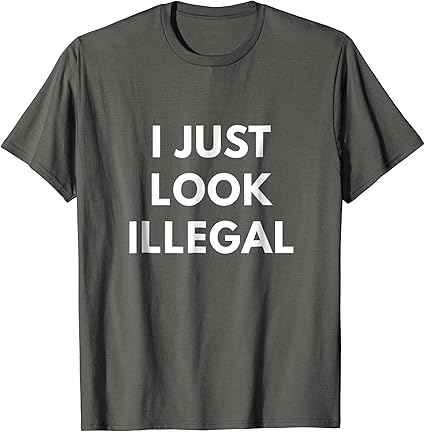Are hidden cameras legal? It’s a question that pops up more and more in our increasingly surveillance-focused world. The short answer is: it depends. There’s no single, easy answer, and the legality hinges on a complex interplay of state and federal laws, specific circumstances, and the context in which the cameras are used. This guide aims to unravel the intricacies, helping you understand the legal landscape surrounding hidden cameras and protecting yourself from potential legal trouble.
The Core Issue: Reasonable Expectation of Privacy
The bedrock of hidden camera legality rests on the concept of “reasonable expectation of privacy.” This legal principle asks: did the person being filmed have a reasonable expectation that they were not being recorded? If the answer is yes, and the recording was made without their consent, you’re entering legally murky waters. A person showering in their bathroom, for instance, has a significantly higher expectation of privacy than someone walking down a public sidewalk.
Where Hidden Cameras are Generally Illegal

Several places generally prohibit the use of hidden cameras, regardless of consent. These include:
- Restrooms: Filming in restrooms is virtually always illegal, a severe violation of privacy. The expectation of privacy within these spaces is exceptionally high.
- Changing Rooms: Similar to restrooms, changing rooms are considered private spaces where filming without consent is strictly forbidden.
- Bedrooms: Recording someone in their bedroom without their knowledge or consent is a major breach of privacy and likely a criminal offense.
- Medical Facilities: Recording within medical facilities without explicit consent from both the patient and medical personnel is illegal and unethical.
Where Hidden Cameras Might Be Legal (With Caveats!)

There are situations where hidden cameras might be acceptable, but only under very specific circumstances and with careful consideration of the law. These often involve:
- Protecting your property: Installing security cameras on your property, even if they’re somewhat hidden, is generally legal provided they only record areas you own or have explicit permission to monitor. However, these cameras must not intrude on areas where others have a reasonable expectation of privacy. Be mindful of where cameras are pointed!
- Workplace monitoring: Employers may have the right to monitor employee activity in certain circumstances, such as to prevent theft or ensure safety. However, laws vary, and you need to check your local regulations regarding employee monitoring and consent requirements. Transparency is usually key.
- Consent: If everyone being recorded has given their informed and explicit consent, it significantly reduces the legal risk. This consent should be documented in writing, ideally. Oral consent is weaker and may be difficult to prove.
State-Specific Laws: A Patchwork of Regulations
It’s crucial to understand that laws regarding hidden cameras vary significantly from state to state. Some states have “one-party consent” laws, meaning only one person in the recording needs to consent. Other states are “two-party consent” states, requiring consent from *every* individual recorded. Failing to comply with your state’s specific laws can lead to serious legal consequences, including hefty fines and even imprisonment.
The Importance of Transparency and Signage
While not always legally mandated, posting clear signage indicating that the area is under surveillance is a proactive step that can significantly reduce legal risks. This transparency demonstrates your awareness of privacy concerns and minimizes the chances of someone feeling their privacy has been violated.
What Happens If You’re Caught?

The penalties for illegally using hidden cameras can be severe, depending on your location and the specifics of the situation. Possible repercussions include:
- Civil lawsuits: Individuals whose privacy has been violated may sue for damages, potentially including significant financial penalties.
- Criminal charges: In some cases, illegal use of hidden cameras can result in criminal charges, including invasion of privacy, voyeurism, or stalking.
- Damage to reputation: Even if you avoid criminal or civil penalties, the damage to your personal and professional reputation can be substantial.
Protecting Yourself: Best Practices

To avoid legal trouble, adhere to these best practices:
- Know your local laws: Research your state’s specific regulations regarding surveillance and hidden cameras.
- Obtain consent: Whenever possible, obtain informed and documented consent from everyone who will be recorded.
- Use cameras only in appropriate locations: Avoid placing cameras in areas where individuals have a high expectation of privacy.
- Post clear signage: Let people know they’re being recorded.
- Consult legal counsel: If you have any doubts about the legality of your intended use of hidden cameras, consult with an attorney specializing in privacy law.
The legal landscape surrounding hidden cameras is complex and nuanced. By understanding the concept of reasonable expectation of privacy, adhering to state laws, and practicing transparency, you can significantly reduce the risk of legal repercussions. When in doubt, err on the side of caution and seek legal advice.




